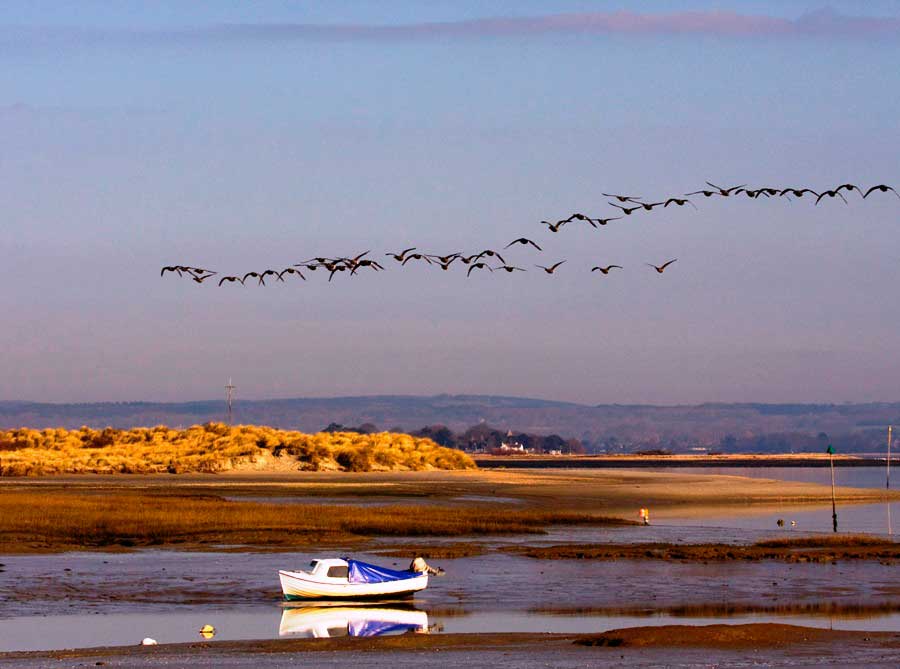
Chichester Harbour is one of the most important sites for wildlife in the UK. We are internationally important as a home for over-wintering birds, as well as breeding seabirds. A population of seals use the harbour at low tides to rest on the mudflats.
As harbour-users, sharing space with such special wildlife is a privilege. Follow these tips to avoid disturbing birds and seals:
- Keep your Distance – avoid getting within 100m of seals and feeding or roosting birds.
- Shhhhhh – keep quiet around wildlife- avoid revving engines or shouting.
- Always allow seals an escape route – avoid boxing them in or blocking narrow channels.
- If you see a seal in the water slow down (no-wake) and keep a steady course – no sudden movements and don’t steer towards it.
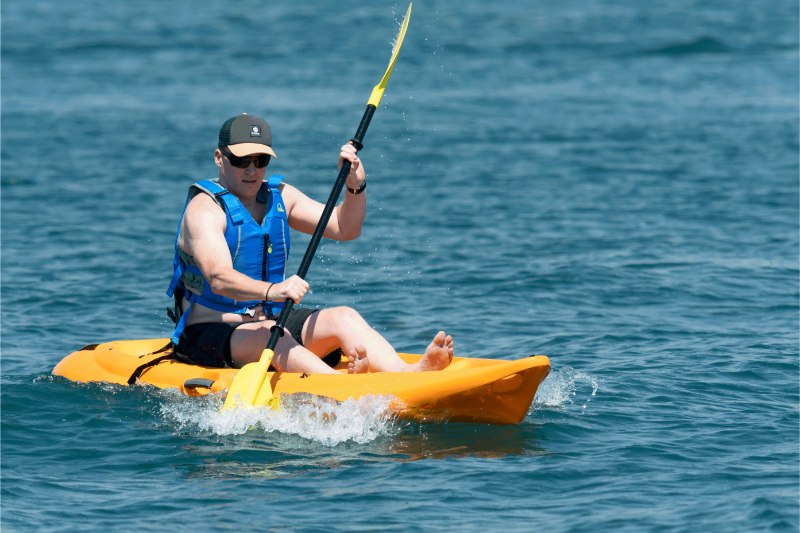
View the Map:
Visit the Bird Aware Solent interactive Watersports with Wildlife map. As well as pinpointing the wildlife sensitive areas, it suggests wildlife-friendly launch sites.
Please note – the interactive watersports map for Chichester Harbour is coming soon.
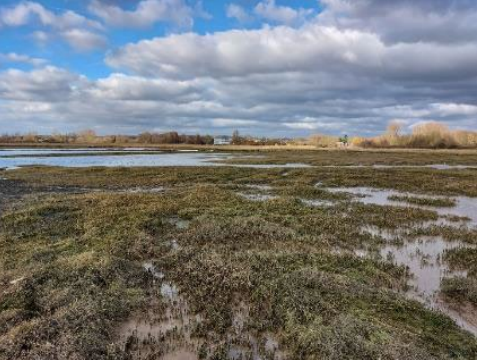
Protect Sensitive Spaces:
- Islands, spits, mud and saltmarsh are vital habitats for our wildlife – human presence will prevent birds using them. Avoid landing and keep your distance.
- Never land at a seal haul-out site. Seals can be dangerous if they feel threatened.
- Avoid landing at Stakes Island, Pilsey Island, Ella Nore Spit and Gutner Point – these are highly sensitive roosting and breeding sites.
- Stick to the main channels – small creeks are perfect hiding spots for wildlife sensitive to disturbance.
- Use recognised launch/recovery sites and avoid dragging vessels across the mud or saltmarsh – this can damage habitats.
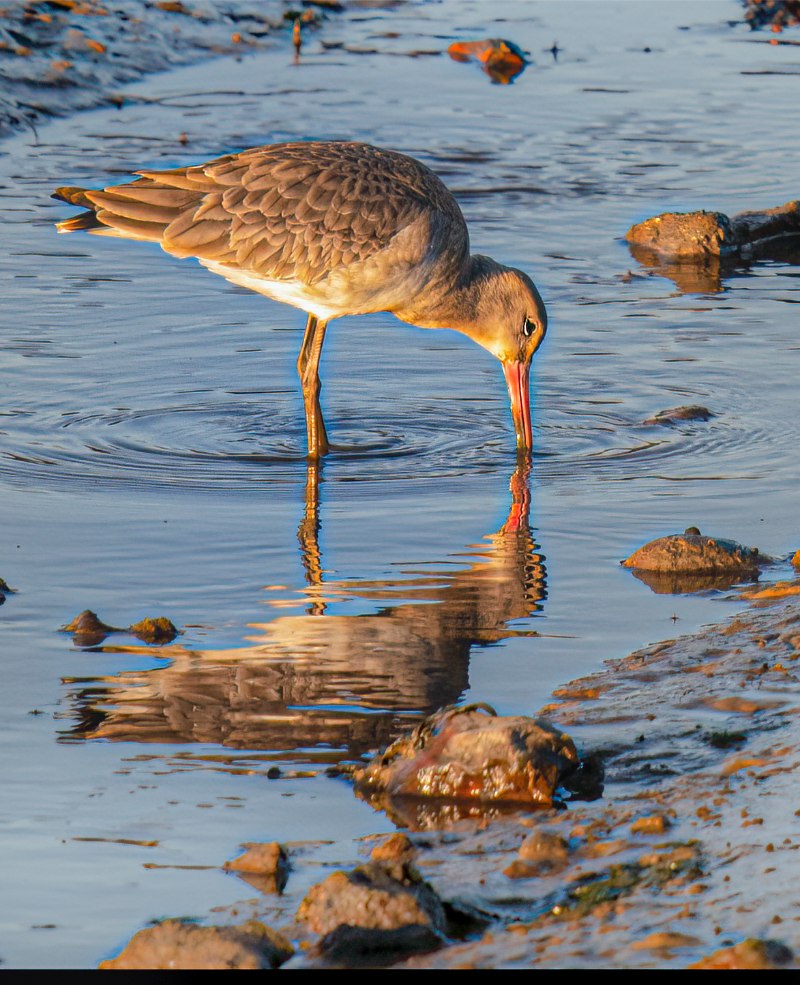
Why do birds need space?
The wading birds and wildfowl that spend their winters in Chichester Harbour have flown 1000s of miles to be here and feed on the mudflats and saltmarshes. Over the winter months, every bit of energy counts; when they are disturbed and take flight they waste precious energy which affects their survival chances.
At high tide birds rest on islands, spits and upper parts of the saltmarsh. These ‘roosts’ provide a safe space for the to rest, sleep and digest their food. In the summer it is often these areas that provide safe nesting ground for threatened species including Little Terns and Ringed Plover. If disturbed, birds can take flight exposing their eggs or nests to predators.
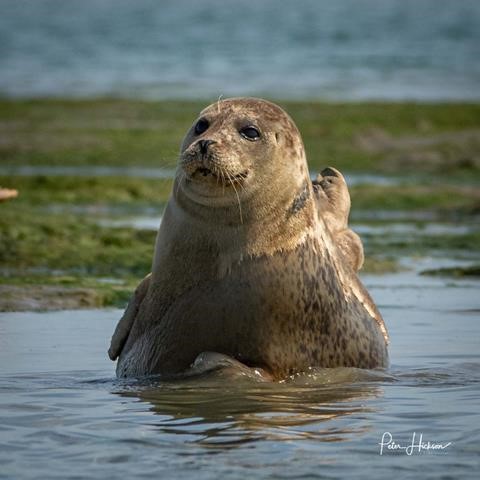
Why do seals need space?
Two species of seals visit Chichester Harbour to rest on the mud flats at low tide – Harbour Seals and Grey Seals. Known as ‘hauling-out’, this time resting is vital for them to digest their food, socialise and feed their pups. They’re large mammals and not very mobile on land; disturbing them from their haul-out wastes their energy supplies, adversely affects their health and can even result in the death of a pup if it is separated from its mother.